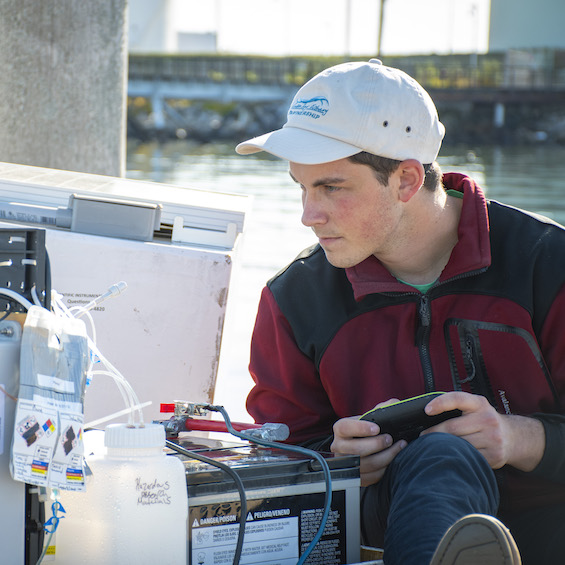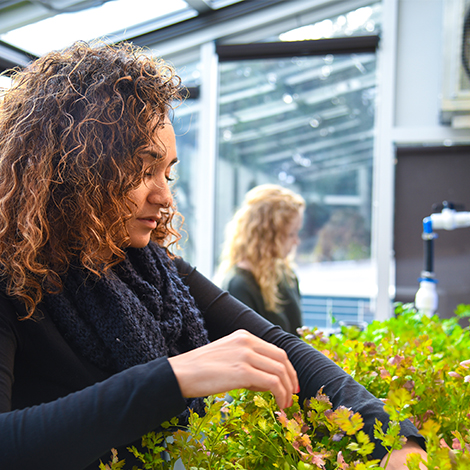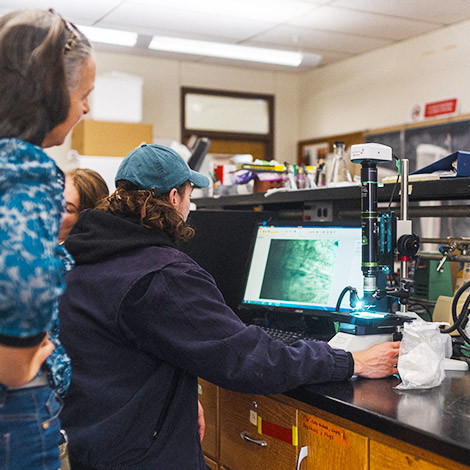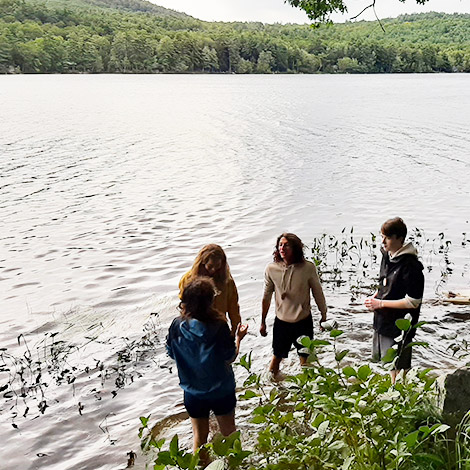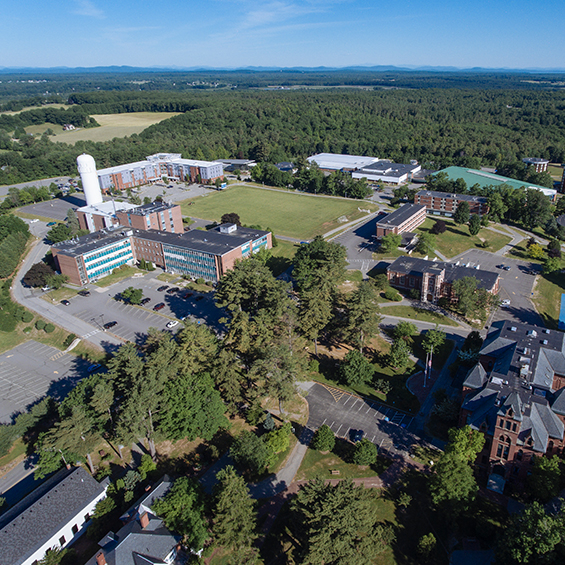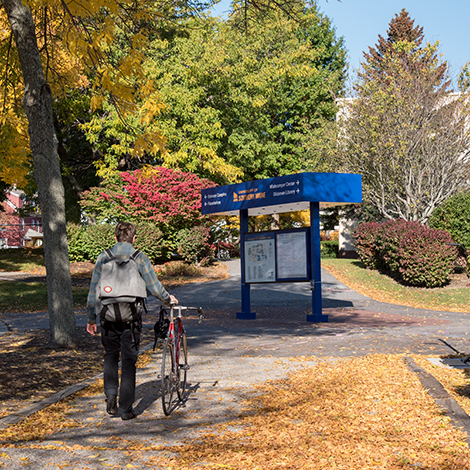Tuition & fees
Costs include tuition, fees, & other costs such as books. See cost details
Financial aid
On average, 92% of enrolled students who file a FAFSA receive an offer. 91% of offers include scholarships, grants, waiver, and/or work-study. Explore aid
Program duration
Typical completion time: 4 years. Flexible options may save time. Explore options
Admissions
SAT & ACT scores optional. Early action & year-round admissions. View application process & deadlines
Program highlights
Expected career outcomes
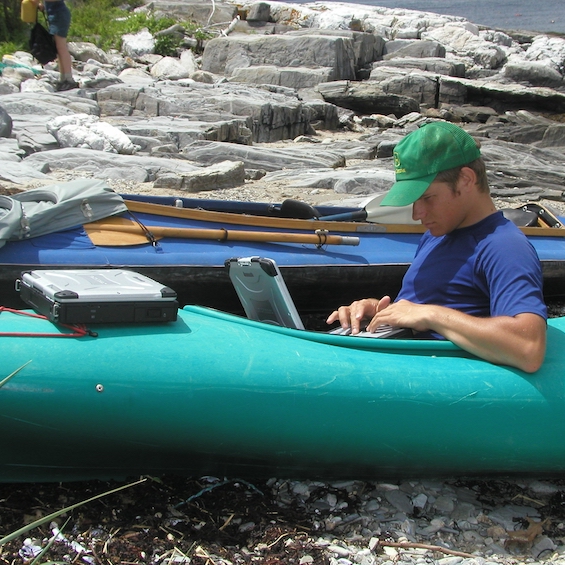
Career opportunities
Our program’s strong science core coupled with applied environmental technologies allows graduates to pursue an advanced degree in the sciences or immediate entry-level employment with an environmental engineering firm, government agency, or non-governmental organization.
Hands-on learning
We believe you learn best by doing, so we connect students with internship opportunities in areas including natural resource agencies, nongovernmental organizations, and environmental education.
Diverse learning spaces
Each faculty member runs a lab dedicated to their specific research, which includes an Aquatics Systems Lab, Aquaponics Lab, Chemical Ecology Lab, Entomology Lab, and Rural Resilience Lab.
Program requirements
You’ll participate in active, hands-on classes, laboratory training, fieldwork, and problem-solving experiences focused on solving local and regional environmental problems. This rigorous foundation will teach you to analyze environmental data and problems in the field, and to work with diverse community, government, and industry interests.
Field immersion course
Our field immersion is designed to teach basic environmental science skills and build community in a long-weekend format. The course includes components on forest, land use, aquatic, wildlife, and human systems. Basic orienteering and map reading, plant identification, and canoeing are emphasized.
Career Exploration Internship Program: Althea Builds Her Career Path from her Passion
Highly engaged faculty
Our faculty are committed to student advancement. Students are often involved in faculty research programs and present results of their research at local and national conferences.
Scholarship opportunities
Scholarships offer valuable financial aid that doesn’t need to be repaid. You’ll be automatically considered for Merit Scholarships when you apply for admission by the deadline. Additional opportunities are available.
Looking ahead to graduate school?
You could save time and money earning your master’s with our Accelerated Graduate Pathways. Choose from pathways to our Master’s in Policy, Planning, and Management; Leadership Studies; and Statistics.
Our helpful admissions counselors are here to answer your questions about the admissions process, our academic programs, and student support services. We also invite you to explore the many ways to visit campus or to engage with us through online experiences.


